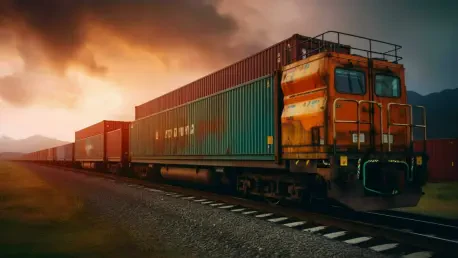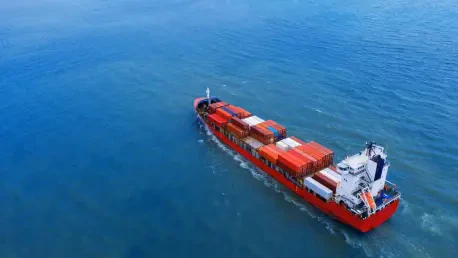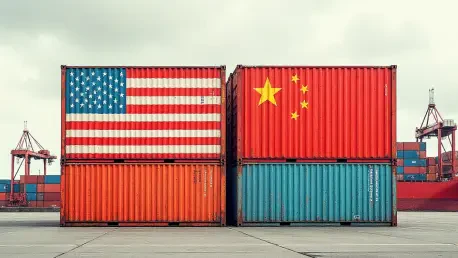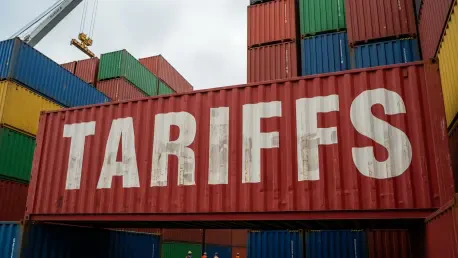
Overview of Indian Railways’ Global Ascent In a remarkable testament to infrastructural prowess, Indian Railways has clinched the second position in global freight rankings, outpacing established giants like the United States and Russia with an unprecedented volume of cargo moved across its vast

Setting the Stage: The Data-Driven Supply Chain Imperative In today's fast-paced global economy, supply chain management faces unprecedented pressure to adapt, with inefficiencies costing businesses billions annually. A staggering reality emerges from recent industry studies: nearly 70% of supply

In the ever-evolving world of international shipping, few voices carry as much weight as Rohit Laila, a veteran with decades of experience in logistics, supply chain, and delivery. With a deep passion for technology and innovation, Rohit has witnessed firsthand the seismic shifts in the maritime

In a significant development that could reshape the landscape of global trade, the United States and China have brokered a temporary truce in their long-standing trade war, marking a potential turning point after years of economic hostility. Announced on October 30, this agreement was reached

Setting the Stage: A Critical Moment for Trucking The trucking industry, a cornerstone of the American economy responsible for transporting over 70% of the nation’s freight, finds itself at a precarious crossroads in 2025, facing challenges that threaten its stability. Amid a historic freight

Today, we’re diving into a critical Supreme Court case with Rohit Laila, a veteran of the logistics industry with decades of experience in supply chain and delivery. His expertise in navigating complex economic policies and passion for innovation make him the perfect guide to unpack the contentious